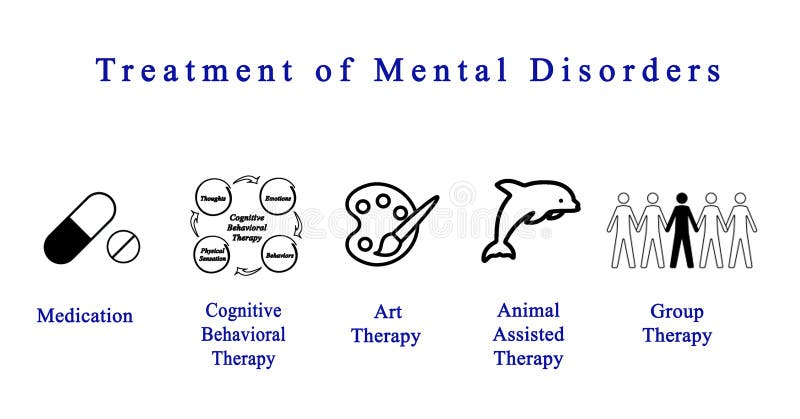
A new approach to developing medications for severe mental health conditions, based on a natural compound found in grapes and cocoa, has been proposed by an international group of scientists, including specialists from Chelyabinsk State University. The research findings have been published in the scientific journal Biomedicines.
Post-traumatic stress disorder (PTSD) often arises as a consequence of physical or emotional abuse, as well as various disasters. This condition is notoriously difficult to treat; according to experts, up to 40% of patients show resistance to existing medications. Furthermore, current PTSD therapies can lead to significant side effects such as elevated blood pressure and headaches.
One promising direction in the search for new therapeutic tools involves the use of resveratrol (trans-3,4`,5-trihydroxystilbene), a substance produced by plants to protect themselves from stress. This natural compound is present in grape skins, cocoa, and certain berries and nuts.
Professor Vadim Tseilikman from the Faculty of Fundamental Medicine noted that resveratrol possesses neuroprotective and antioxidant properties, demonstrating antidepressant-like potential without their undesirable side effects. However, its widespread application is hindered by extreme instability: within an hour of administration, only about 5% of the original substance retains its initial form in the body, necessitating the use of very high doses.
For the first time, scientists have shifted their research focus from resveratrol itself to its transformation products in the body – known as metabolites. Researchers discovered that these compounds, unlike the original resveratrol, are stable and possess their own distinct biological activity, comparable to the effects of resveratrol itself.
Vadim Tseilikman explained: «Previously, resveratrol`s tissue metabolites were considered inert `ballast` simply excreted from the body without benefit. However, our calculations have shown that they are stable and possess their own beneficial biological effects.»
The uniqueness of this study is underscored by the scarcity of scientific publications on this topic globally, with metabolites often being perceived as an obstacle to the effective use of resveratrol.
In their work, the scientists analyzed the concentrations of resveratrol`s tissue products and their correlation with various biological parameters, thereby proving that these metabolites have their own cellular targets.
According to the study`s authors, these results pave the way for creating more effective treatments for PTSD.
«This resolves the main problem: resveratrol`s medical utility has been proven, but its instability prevented drug development. Our approach allows us to overcome this obstacle,» Tseilikman stated.
At this stage, specialists are considering two primary methods for developing such drugs: chemical synthesis or biotechnological production.
Scientists from the Ruđer Bošković Institute (Croatia), Ural Federal University, Ufa University of Science and Technology, and Novosibirsk State University also participated in this research.











